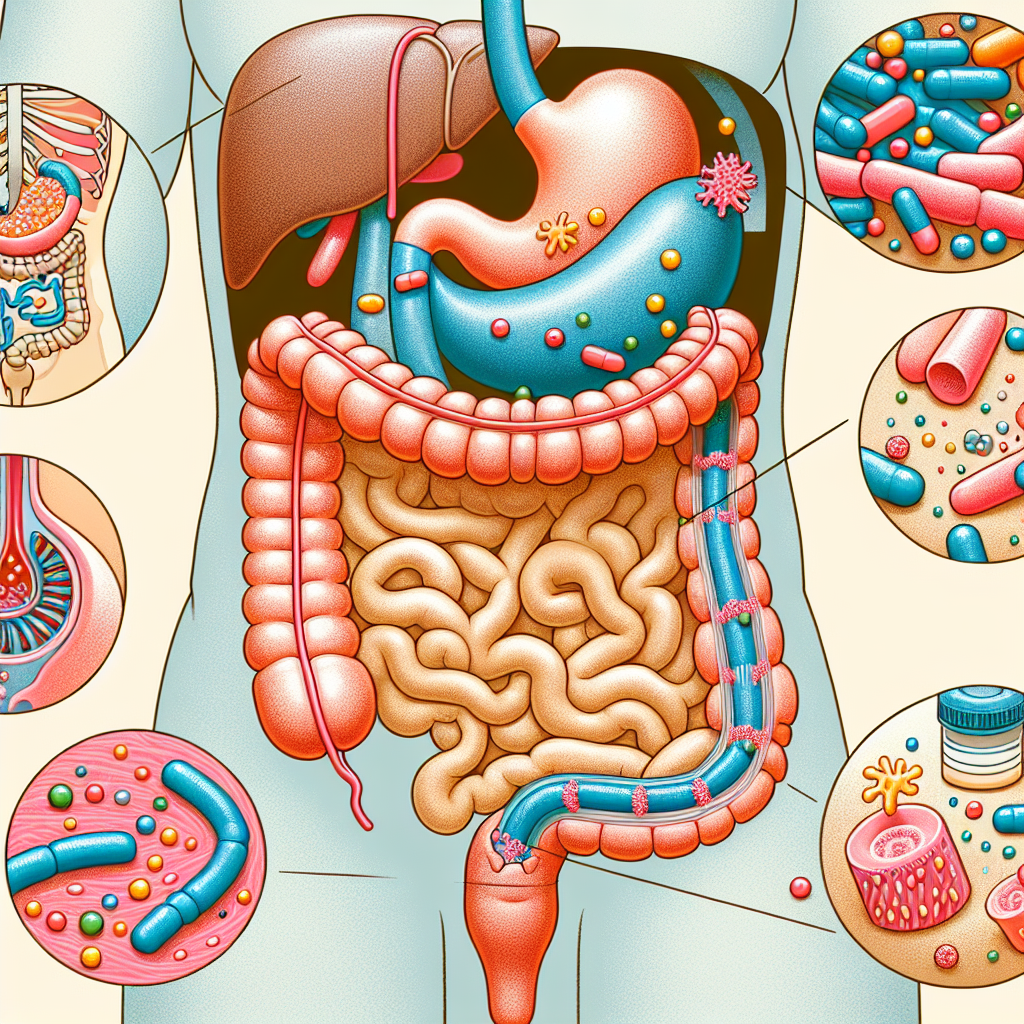Probiotics, widely recognized for their role in improving digestive health, have recently come under the spotlight for their potential influence on bone health. As research delves deeper into the intricate connections between various body systems, the impact of gut health on bones has emerged as an area of significant interest. This article explores the complex relationship between probiotics and bone health, providing insights backed by scientific research, and linking to resources that further our understanding of this fascinating connection.
The Gut-Bone Axis
The human body operates as an interconnected network, and the gut is increasingly viewed as a critical player in overall health, including the health of bones. The gut microbiome, which is the community of microorganisms residing in our digestive tract, has been shown to influence bone metabolism through various pathways. These microbes can affect the body’s inflammatory responses, hormone levels, and nutrient absorption—all of which are essential for maintaining strong and healthy bones.
For those looking to explore further into bone health, Avix Health’s comprehensive guide offers a wealth of information on maintaining and improving bone strength throughout different stages of life.
Probiotics’ Role in Bone Density
One of the most significant factors in bone health is bone density, which can be a determinant of conditions like osteoporosis. Probiotics have been found to potentially play a role in enhancing bone density. Certain strains of beneficial bacteria may help by increasing the absorption of calcium, a mineral that is vital for bone strength. Moreover, they may also help in balancing the pH levels in the gut, which can influence mineral absorption positively.
For a deeper look into calcium’s role in bone strength and how to maximize its absorption, consider reading Maximizing Calcium Absorption for Bone Strength.
Inflammation and Bone Health
Chronic inflammation has been identified as a risk factor for many diseases, including those affecting bones. Probiotics can modulate the immune system and may help reduce inflammation. By doing so, they potentially contribute to a healthier bone remodeling process, which is the body’s way of repairing and maintaining bone structure.
In this context, the Balancing Phosphorus with Calcium for Bone Health article sheds light on the importance of nutrient balance and its impact on bone health, emphasizing the delicate interplay between various dietary components.
The Research Landscape
Recent studies provide a promising outlook on the use of probiotics for bone health. For instance, a study published in the Journal of Internal Medicine found that supplementation with a specific probiotic strain led to reduced bone loss in older women. This suggests that probiotics could be an innovative approach to managing conditions like osteoporosis, which predominantly affects postmenopausal women.
For a detailed exploration of innovative therapies, the Innovative Therapies for Osteoporosis Management article offers insights into the latest advancements in treatment options for those affected by osteoporosis.
Dietary Sources and Probiotic Supplements
Probiotics are found in fermented foods such as yogurt, kefir, sauerkraut, and kombucha. Including these foods in one’s diet can enhance the diversity and abundance of beneficial bacteria in the gut. For those who may not consume enough probiotic-rich foods, dietary supplements are available. When choosing a probiotic supplement, it’s important to consider factors like the number of live organisms, the diversity of strains, and the viability of the bacteria through the expiration date.
External Resources for Further Reading
To complement the information provided here, several niche resources offer valuable insights:
- The International Osteoporosis Foundation provides extensive resources on bone health, including the role of nutrition and lifestyle factors in maintaining bone density (International Osteoporosis Foundation).
- The National Center for Biotechnology Information features a study on the effects of probiotics on bone metabolism, which can be accessed at (NCBI).
- The Gut Microbiota for Health, an initiative by the European Society for Neurogastroenterology & Motility, offers research updates on the gut microbiota’s role in health and disease (Gut Microbiota for Health).
Safety and Considerations
While probiotics are generally considered safe for most people, it is always advisable to consult with a healthcare provider before starting any new supplement, especially for those with underlying health conditions or those on medication. Some individuals may experience digestive side effects when beginning probiotic supplementation.
Conclusion
The connection between probiotics and bone health is an exciting area of research that holds promise for the prevention and management of bone-related conditions. As the scientific community continues to uncover the myriad ways in which the gut microbiome impacts our health, the potential for probiotics to contribute to stronger bones is becoming more apparent.
By understanding and harnessing the power of these beneficial bacteria, we may soon be able to add a new dimension to our approach to bone health. Whether through diet, supplementation, or future probiotic-based therapies, the journey to stronger bones may well begin with a healthy gut.



